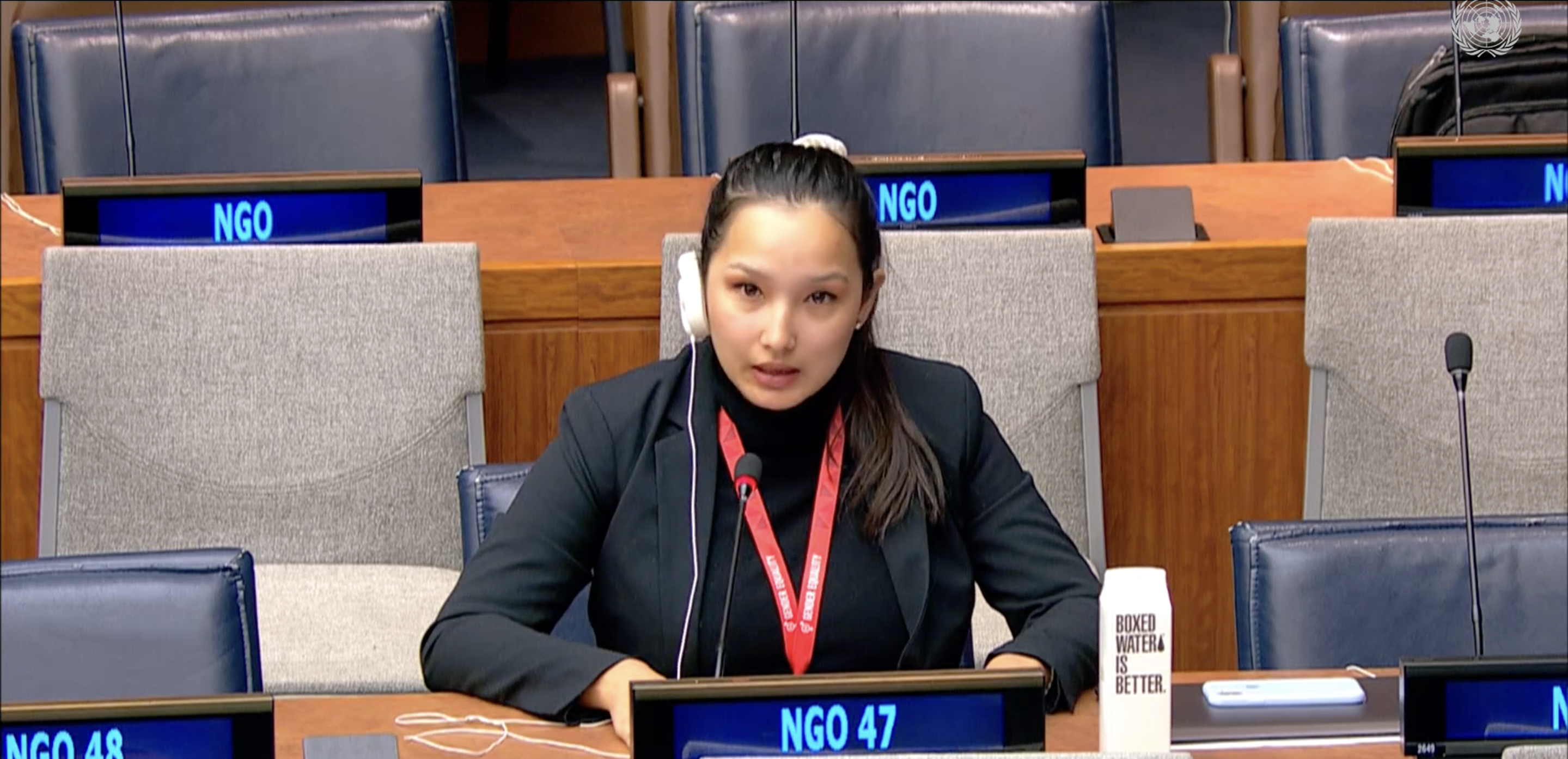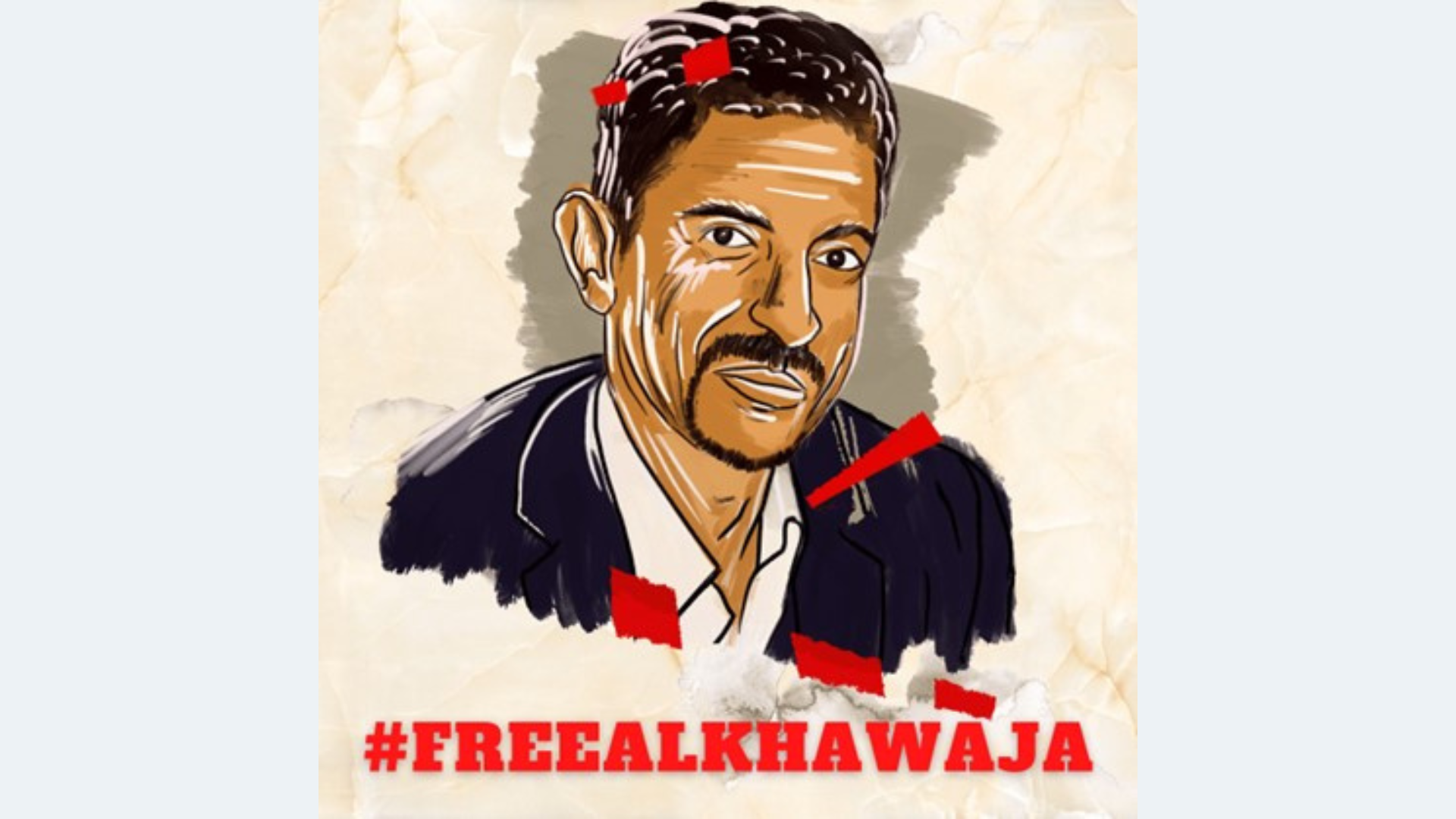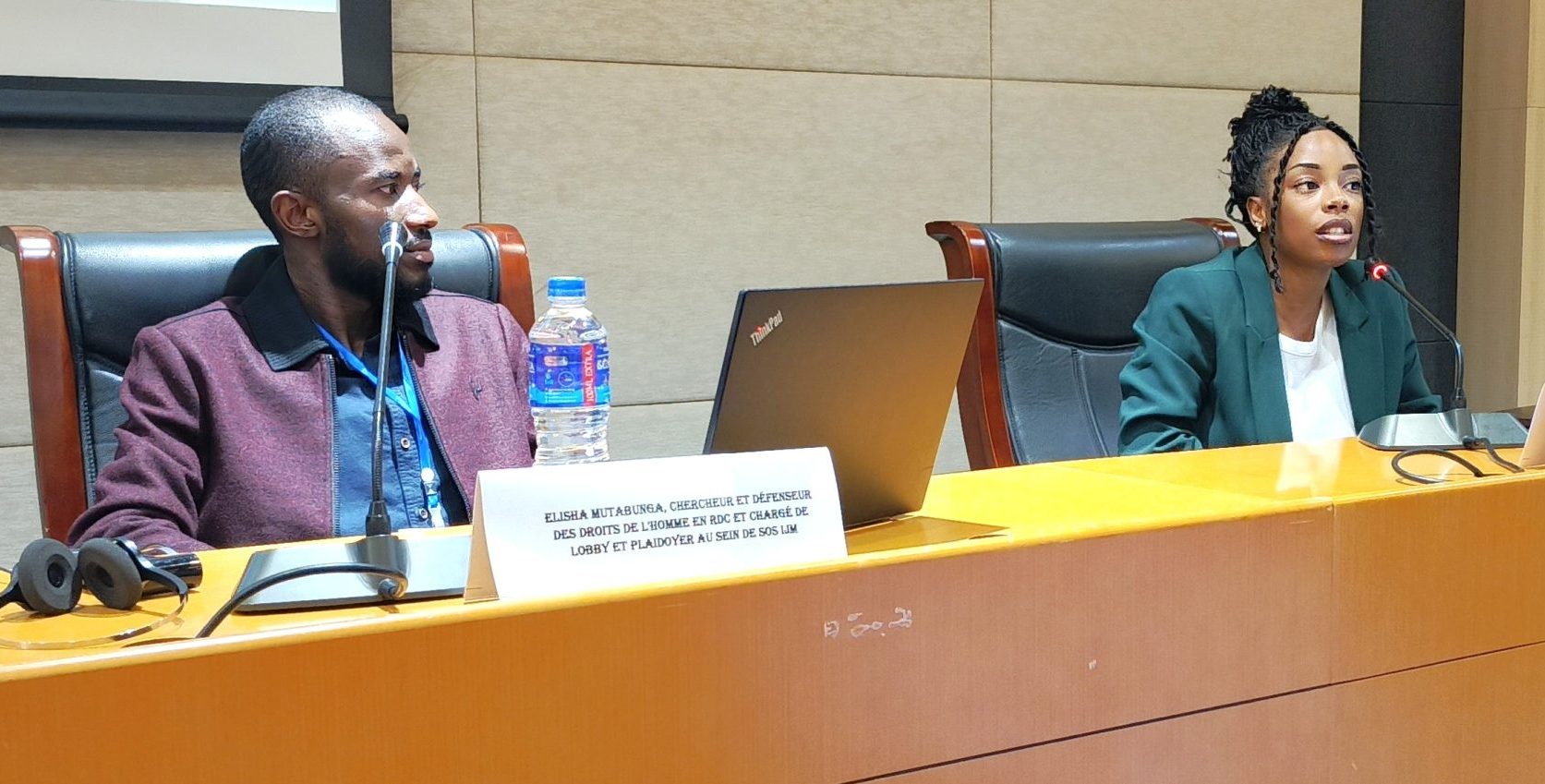Despite being mandated to do so annually by ECOSOC resolution 1996/31, on 13 December 2022, the UN Economic and Social Council (ECOSOC) held its second ever consultative meeting with NGOs gathered in Geneva, New York, Santiago and Vienna.
During the meeting, ISHR delivered a joint statement on behalf of 25 organisations welcoming the discussion, but noting with disappointment the Committee’s repeated failure to hold this meeting over the years. The statement focused on the Committee on NGOs and expressed serious concern over actions by its Member States, including excessive and arbitrary delay in granting consultative status to NGOs.
The three hour meeting time was almost exclusively given to civil society, who offered a raft of recommendations, including calling on the Committee on NGOs to:
- Provide additional guidance to NGOs to support them to navigate the process of seeking consultative status.
- Ensure applications for ECOSOC accreditation are considered in a fair and expeditious manner, and to not prioritise political and economic interests over a commitment to civil society.
Recommendations were also made to the UN more broadly, including for the UN to:
- Do more to prevent and protect those facing reprisals for their engagement with the UN.
- Provide more opportunities for meaningful participation with its agencies especially for those without resources to travel, including by way of virtual conferences.
- Provide additional technical and financial assistance to NGOs based in the Global South and in countries in transition, and take into consideration the disproportionate challenges faced by women, youth and people with disabilities while attempting to participate with the UN.
This meeting followed another welcome development by the ECOSOC to safeguard NGO access to the UN. Last week a vote by ECOSOC Member States granted consultative status to nine civil society organisations that had been arbitrarily deferred by the Committee on NGOs. Among these groups, the International Dalit Solidarity Network held the record for the longest deferment of an application for consultative status at the UN, with 15 years.
‘For the UN to be relevant and have genuine impact on the ground, engagement by civil society and affected communities is essential. Therefore, procedures that facilitate genuine participation and protect those engaging with the UN from threats and attacks are critical to the UN’s progress,’ said Maithili Pai, ISHR’s UN Advocate. ‘We call on ECOSOC Member States to respond positively to these crucial NGO recommendations. We also hope members of the Committee on NGOs will continue this conversation and work towards facilitating transparent access and meaningful participation for civil society,’ Pai added.
Download as PDF




